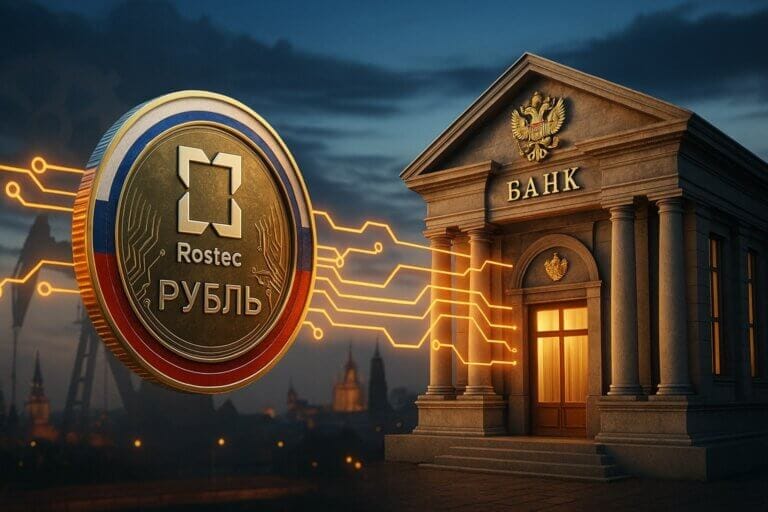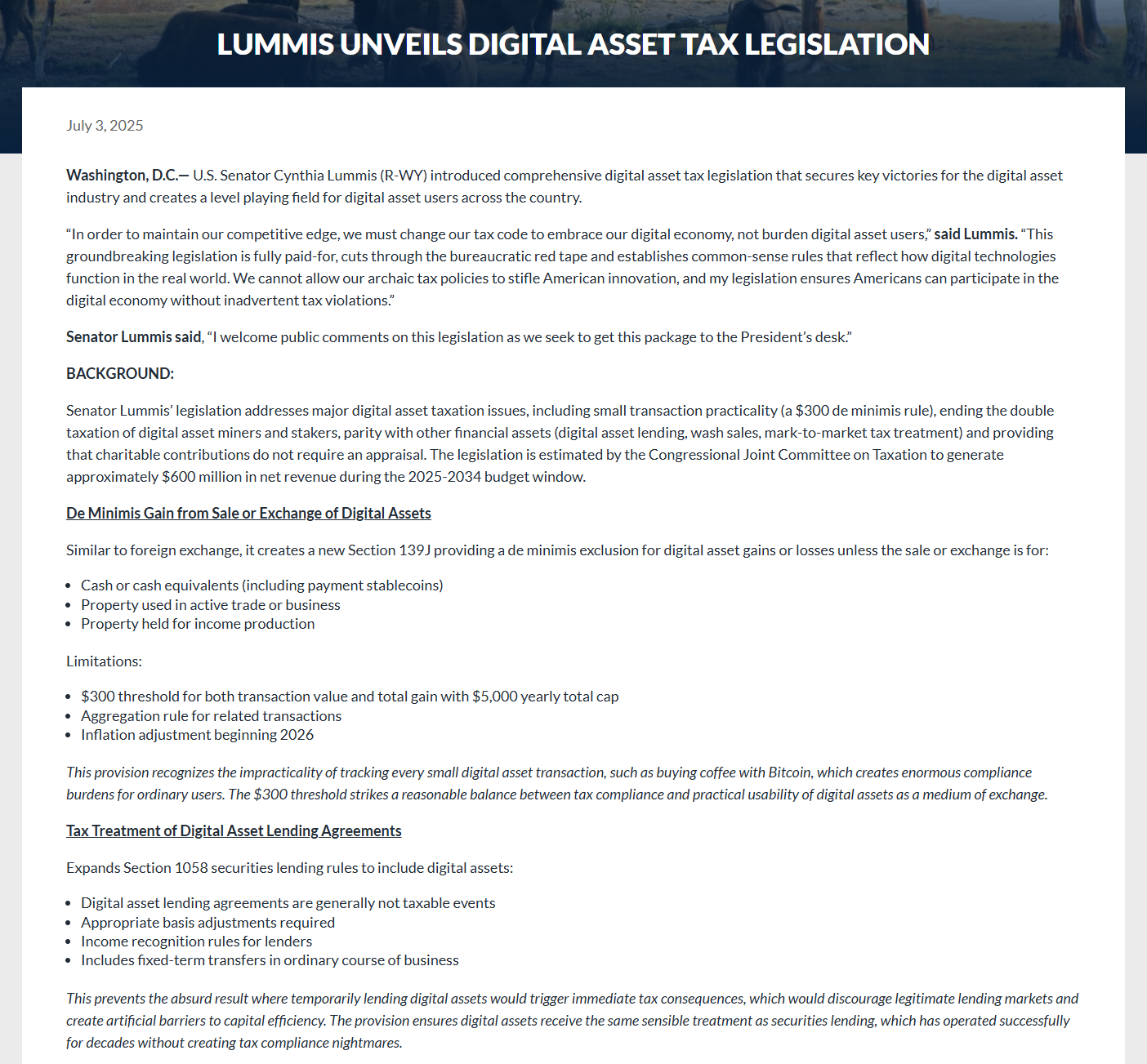Without the restrictions of MetaMask, but with the ban of Monero: lawyers have dismantled the EU-approved AML rules
At a meeting on March 19, 2024, the Committee on Economic and Monetary Affairs and the Committee on Civil Liberties, Justice and Home Affairs of the EU approved the Anti-Money Laundering Regulation (AMLR), which the European Council and the European Parliament previously agreed in January.

First of all, it is worth noting that the approved document is not aimed directly at the bitcoin industry - it is aimed at combating money laundering. In the context of cryptocurrencies, the AMLR action applies only to "obligated entities" or service providers, Anna Vojvodina, CEO of the Manimama law firm, explained in a conversation with Encrypted.
Obligated persons are understood to be providers of virtual asset services that will be registered in accordance with the European MiCA regulation, said Vyacheslav Zlatin, lawyer of the Technology and Investment practice at Juscutum. We are talking, for example, about cryptocurrency exchanges.
In accordance with article 31b, providers of crypto asset-related services must comply with standard KYC/AML procedures. However, this rule is not new — companies operating in the EU are already obligated to carry out such checks.
For transfers between such companies and non-custodial wallets, AMLR requires taking measures to "reduce risks", such as blockchain analytics or collecting additional data on the origin/purpose of crypto assets, says Anna Vojvodina. This is consistent with the Regulation on the Transfer of Funds (TFR), as well as the implementation by the European Union of the "Travel Rule" of the Financial Action Task Force on Money Laundering (FATF).
"Cryptocurrency payments made through unidentified custodial wallets will actually be illegal on the territory of the European Union," said Anna Vojvodina.
In addition, CEO Manimama noted that there will be a complete ban on anonymous cryptocurrency payments through custodial wallets or any payments using confidential coins — for example, Monero.
At the same time, according to the document, providers of crypto—asset—related services - for example, exchanges - in the case of using assets to pay for goods or services must verify customers when making a transaction "in the amount of at least €1,000 or the equivalent in national currency, regardless of whether the transaction is carried out as a single operation or through related transactions".
Source: https://incrypted.com/bez-ogranichenij-metamask-no-s-zapretom-monero/





